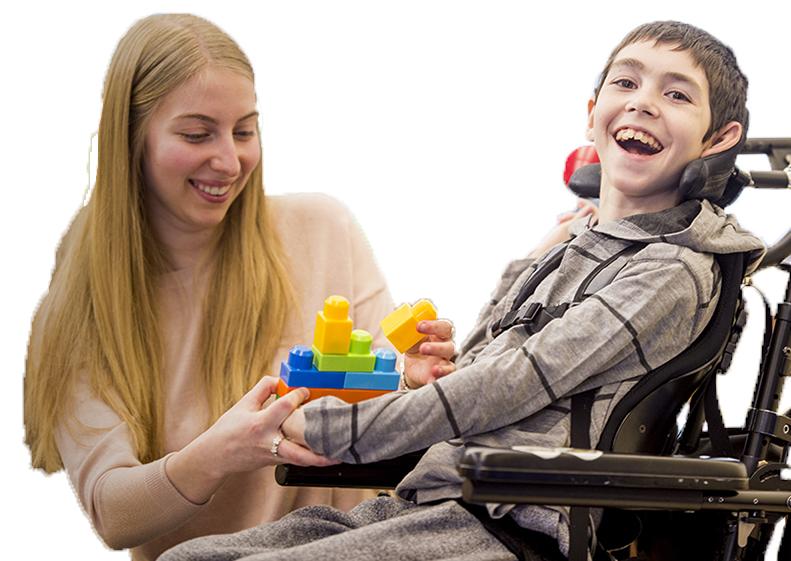Resources Directory
Search below to find a hospital, doctor, therapy, and more

Ellisville State School – A Mississippi Department of Mental Health Facility
Ellisville State School Facility is one of six state funded residential mental retardation facilities in Mississippi. Ellisville State School is under the jurisdiction of the State Board of Mental Health, specifically in the Bureau of Mental Retardation Division. Our facility provides services to children and adults with mental retardation and developmental disabilities in a designated 31 county area. List of Services: Jaycee Evaluation Center – Community Living Programs – Early Intervention Programs – Home & Community Based Waiver Program – Vocational Services Program – Assistive Communication Technology Services
Community Service System: http://www.ess.state.ms.us/CommSerSys.html – As part of the Community Service System, Ellisville State School offers living arrangements for individuals with intellectual and developmental disabilities in a more independent environment than that of the facility setting. The goal of these services is to motivate, challenge and empower individuals with disabilities to acquire the skills necessary to be as independent as possible. Living arrangements are provided through community homes and supervised apartments. Ellisville State School operates seventeen homes licensed as Intermediate Care Facilities for the Mentally Retarded (ICF/MR). These homes provide living arrangements in eight counties and serve 166 adults with intellectual and developmental disabilities. Direct care services are provided twenty-four hours a day in a supervised, home-like setting. Individuals are offered opportunities to gain independence or interdependence in many areas of daily living, including self-help skills, emergency management, use of medications, meals and nutrition, recreation and leisure activities, and participating in a range of individually desired activities and services in the community. Individuals residing in the homes participate in local activities such as going to movies, shopping, religious activities, Christmas parades and attending community festivals. Professional staff including academic teachers, social workers, psychologists, recreation therapists, nursing personnel, and vocational training instructors, provide an interdisciplinary approach to treatment and training designed to assist each individual in reaching his or her maximum potential.
